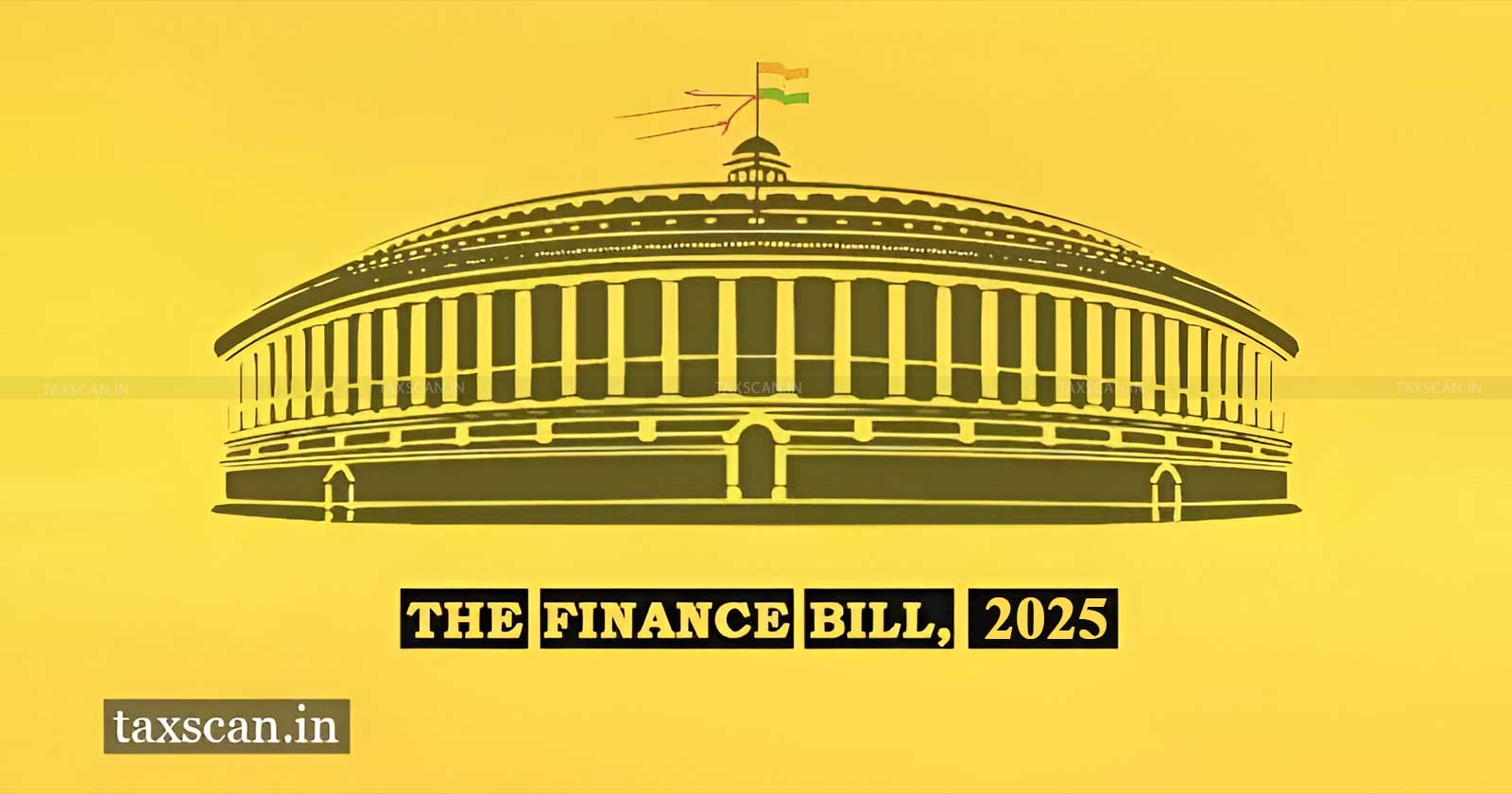Finance Bill 2025 Passed in Lok Sabha with 35 Amendments
Lok Sabha passes Finance Bill 2025 with 35 amendments, offering tax relief, customs duty cuts, and a boost to EV and mobile manufacturing.

Finance Bill 2025 Passed – Lok Sabha – 35 Amendments – TAXSCAN
Finance Bill 2025 Passed – Lok Sabha – 35 Amendments – TAXSCAN
The Lok Sabha on Tuesday passed the Finance Bill 2025, clearing a major legislative step toward implementing the proposals outlined in the Union Budget 2025-26. The Bill was approved with 35 amendments, reflecting the government’s commitment to simplifying taxation, boosting manufacturing, and encouraging green energy.
Finance Minister Nirmala Sitharaman tabled the Bill, which features several reforms across customs, direct taxes, and investment regimes. With the passage of the Bill, the government has moved closer to its fiscal roadmap for the coming financial year, while addressing sectoral needs and revenue optimization.
Read More: Tax Dept Withdraws 6,599 Appeals Following Revision of Monetary Limits for Litigation
Key Highlights of the Finance Bill 2025
Removal of 7 Custom Tariff Rates: In a move aimed at simplifying India’s customs duty structure, the Bill proposes eliminating seven tariff slabs, paving the way for a more streamlined system.
Boost to EV and Mobile Manufacturing:
- 35 additional capital goods used in EV battery manufacturing have been exempted from customs duties, supporting India’s electric mobility push.
- 28 components used in mobile phone manufacturing will also enjoy customs duty exemptions, further incentivizing domestic production under the ‘Make in India’ initiative.
Safe Harbour Regime Tweaked for Investment Funds: Amendments have been introduced to the Simplified Safe Harbour Regime, aimed at improving clarity for investment funds, especially foreign asset managers and global investors.
Customs Duty Rationalisation: The budget continues its drive to rationalize customs duties, making the tax structure more efficient, especially in sectors crucial to national growth and competitiveness.
Imports to Attract Either Cess or Surcharge – Not Both: To enhance transparency and reduce cascading taxes, the Bill proposes that imports will attract either a cess or a surcharge, but not both simultaneously.
New Direct Tax Code on the Horizon: Finance Minister Sitharaman expressed hope that discussions on the long-awaited New Direct Tax Bill could begin during the upcoming Monsoon Session of Parliament.
Want a deeper insight into the Income Tax Bill, 2025? Click here
Budget Snapshot
The Union Budget 2025-26 has projected:
- Total expenditure: Rs. 50.65 lakh crore
- Capital expenditure: RS. 11.22 lakh crore
- Effective capital expenditure: Rs. 15.48 lakh crore
The government has also abolished the 6% equalisation levy (Google Tax) on online advertising, aligning with global digital tax standards and clearing the path for potential trade negotiations with key partners.
With the Lok Sabha’s approval, the Finance Bill 2025 now moves to the Rajya Sabha for consideration. Once cleared, it will enable the implementation of the full budget from April 1, 2025.
Affective Ways Of Tax Planning for HUF, Partnership Firm and Will Click Here
Support our journalism by subscribing to Taxscan premium. Follow us on Telegram for quick updates


